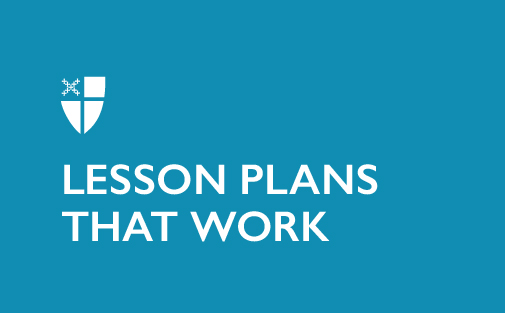Proper 25, Year A
Scripture: Matthew 22:34-46
Today’s lesson is found near the end of Matthew as conflict between Jesus and the people around him reaches its height. Those that oppose his ministry are still trying to get him to trip up – to go against the religious or secular laws and Jesus will not fall into that trap. Today’s question from them is no different. The Pharisees ask which commandment is the greatest and Jesus responds with Judaism’s most fundamental passage known as the Shema: “you shall love the Lord your God with all your heart, and with all your soul, and with all your mind.” (Deuteronomy 6:5) However he does not leave it at that. He adds that another scripture is “like it,” “You shall love your neighbor as yourself.” (Leviticus 19:18) “On these two commandments hang all the law and the prophets.” In putting these two commandments together, Jesus is able to condense the 613 Hebrew Laws and the Ten Commandments into two laws. These two laws encapsulate his ministry on earth and tell all those around him what is important. Those who love God, must love what God has created – ourselves and others. The 613 Hebrew Laws (although that number and which exact laws are included in that is up for dispute) all look at relationship to God, each other, and ourselves. They describe how we honor and worship God, how we rest on the Sabbath, how we deal with disputes and laws, and how we treat people. All of these laws, in the most broad terms, are encapsulated in The Great Commandments that Jesus outlines in today’s lesson.
The question Jesus asks them about whose son the Messiah is a way of engaging them in further conversation about God and God’s expansiveness. Jesus wants them to think bigger, wants them to understand that God is more than they can imagine, that the Messiah surpasses the lineage as they know it.
Download the Lesson Plans for Proper 25
LPTW Proper 25, Year A, Younger Children
LPTW Proper 25, Year A, Older Children
LPTW Proper 25, Year A, Adult
LPTW Proper 25, Year A, All
